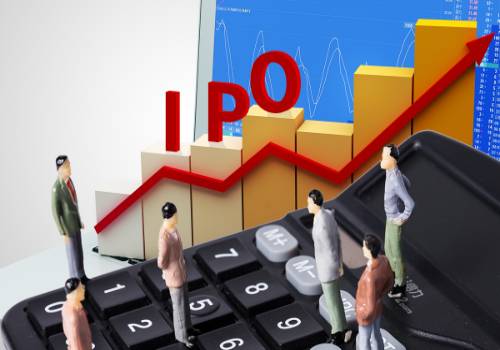TIANJIN, June 25 (Xinhua) -- A 12,000-square-meter manufacturing factory of German company Big Dutchman in north China"s Tianjin Municipality is in full swing.
Poultry farming equipment rolled off automated production lines, with a few workers operating the intelligent system. Neatly stacked products on the shelves by the wall would be soon delivered to customers across China.
 (资料图片)
(资料图片)
Established in 1938, Big Dutchman is one of the world"s largest suppliers of feeding systems and housing equipment for modern pig and poultry production.
As the company"s only production factory and logistics center in China, the Tianjin base, founded in 1997, has businesses involving marketing, production, services, procurement, and logistics.
"China is a pillar market for the company"s business growth. We still have great development potential in China in the future," said Walter Benz, president of Big Dutchman China.
After 30 years of development in China, Big Dutchman"s business in China is on the up-and-up, with an annual output value of around 1 billion yuan (about 139 million U.S. dollars), contributing one-eighth to the company"s total global output.
Currently, the company"s customers and suppliers are all over China, and sales branches have been set up in many Chinese cities, such as Guangzhou and Chengdu.
To meet the trend of China"s intelligent manufacturing development and better help Chinese customers manage their farms, Big Dutchman has made large investments in digitalized breeding systems and equipment to enhance its products" competitiveness in China.
In the near future, the company plans to build its first insect farm in China to provide organic feed for poultry breeding and extend the industry chain, and it also decided to design a new automated breeding greenhouse to enrich the product portfolio.
Like Big Dutchman, many German companies, including Flender, ZF Friedrichshafen AG, and Leybold, have cooperated well with Tianjin for many years.
According to statistics from the Tianjin municipal bureau of commerce, as of May 2023, Tianjin has 471 German-invested enterprises, involving the fields of equipment manufacturing, automobile manufacturing, and electrical and mechanical manufacturing.
The cumulative contracted foreign investment of these companies has reached nearly 5.7 billion U.S. dollars, and the accumulated actual utilized foreign investment has exceeded 4 billion U.S. dollars.
China has been Germany"s most important trading partner for seven years in a row. German corporations invested a record 11.5 billion euros in China in 2022, according to the German Economic Institute report released in March.
Recently, Siemens announced a plan to increase investments in China, including an additional 1.1 billion yuan in fixed asset investment for its industrial automation products China smart manufacturing base in southwest China"s Chengdu City.
German chemical giant BASF continues to see China as a future growth market and is willing to strengthen its business in China to continue its momentum of development.
According to data from the German Institute for Economic Research, direct investment by Germany in China is still on the rise. According to a survey published by the German Chamber of Commerce in China in June, about 55 percent of the responded German companies plan to increase investment in China in the coming two years.
"To achieve long-term development in China, we plan to establish a second production base and logistics center in south China to meet the increasingly developing Chinese market," said Benz.
In the next five years, the company is looking forward to increasing its output value in China to 1.5 billion yuan and will continue to share the growth potential of the Chinese market, Benz added. Enditem





















































































































